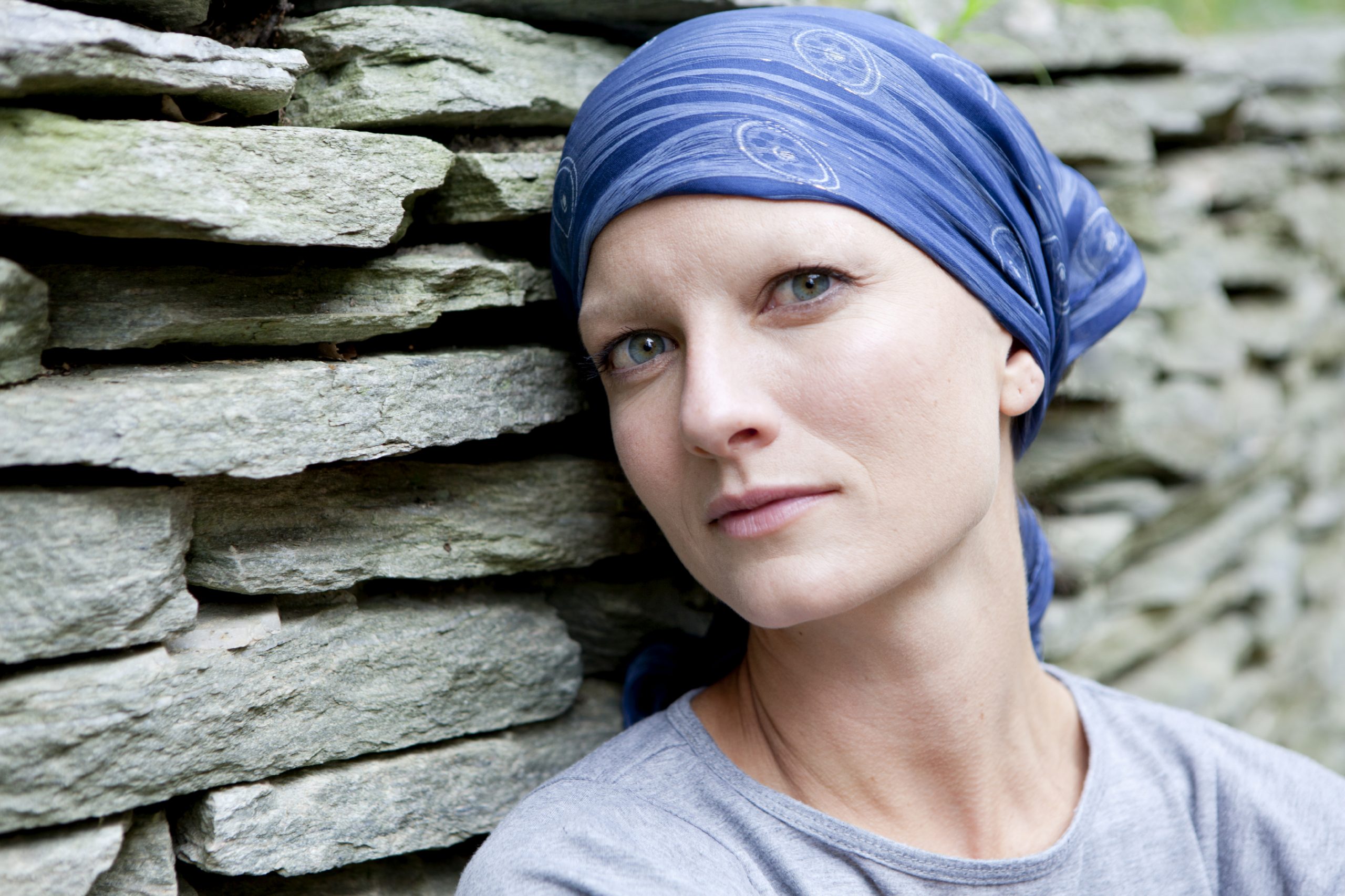
Patient Activation: Evidence Says Some Breast Cancer Patients Might Not Need Chemo
An extensive study has recently determined that most women with a common, early-stage form of breast cancer can safely skip chemotherapy without increasing their risk of cancer recurrence.
The study focused on patients where the benefits of having chemotherapy weren’t entirely clear, for women with hormone-positive breast cancers that had not spread to the lymph nodes and were not treatable by a common drug called Herceptin. Doctors had previously known most patients would not need additional chemotherapy, but lacked evidence to determine who could forgo it.
Melina Ladouceur, a Cancer Coach at the Ottawa Regional Cancer Foundation, says she believes the study could help give peace of mind and confidence to a number of her clients as they make decisions regarding their treatment.
“I’ve had clients diagnosed at an early stage with these types of breast cancer, where the decision to undergo chemotherapy might have negatively impacted their life,” Melina says. “I remember working with somebody who had early stage breast cancer and was trying to make this difficult decision about chemotherapy after her surgery, when there were no signs of cancer remaining. Through Oncotype testing she discovered chemotherapy wouldn’t have any impact on her chances of recurrence, so she decided against it. In the end, she felt a huge sense of relief; she was the only employee of her own small business and chemo could have had some serious financial implications for her.”
Recently reported on in the Ottawa Citizen, the study involved nearly 11,000 patients and determined that women with intermediate risk of cancer recurrence, based on additional testing, could choose not to have chemo without increasing their risk. Higher risk patients, based on the tests, were still advised to undergo chemotherapy.
For many of the patients who learn they do not need the additional treatments, it comes as a relief. “Through chemotherapy, patients often face issues like loss of income, needing to arrange child care, needing help with transportation, and so on, in addition to coping with the physical side effects like nausea, vomiting, cancer-related fatigue, and brain fog.” Melina adds. “Not every person responds the same way to chemotherapy; for some there may be very little side effects, while for others it’s more present. Our clients also tell us that chemo can be taxing emotionally and psychologically.”
But she also cautions that making an informed choice is of the utmost importance “It’s important for people to ask questions to their oncologist and to understand the risks and benefits of getting chemotherapy or choosing not to. This research study does not paint a picture of what is right for every woman living with early stage breast cancer.”
Studies like this are very valuable in providing doctors and patients with better information about treatment options, and helping each patient to follow the path that is best for them and their particular cancer by being a more active participant in their care. “I’d love to see the research expand beyond breast cancer as well to other types of cancer,” Melina says. “This information is vital because treatments have important implications in patients’ lives and people feel more confident in making decisions when there’s research available and when they can speak to their medical team and understand how this fits with the cancer diagnosis they’ve received.”
She also adds, “With continued research, personalized medicine will improve. People will be able to make choices based on reputable research and oncologists will be able to help patients design the plan that fits for them and their situation. This allows individuals to have the best quality of life possible while dealing with a cancer diagnosis, because it means they may not need to go through all the treatments that would have been recommended before this research was available.”
Find out more about Cancer Coaching or donate to support our programs by following the buttons below:
[btnr link=”https://ottawacancer.ca/how-can-we-help-you/cancer-coaching/cancercoaching/” target=”” ]What is Coaching?[/btnr] [btnr link=”https://ottawacancer.ca/donation/” target=”” ]Donate Now[/btnr]
